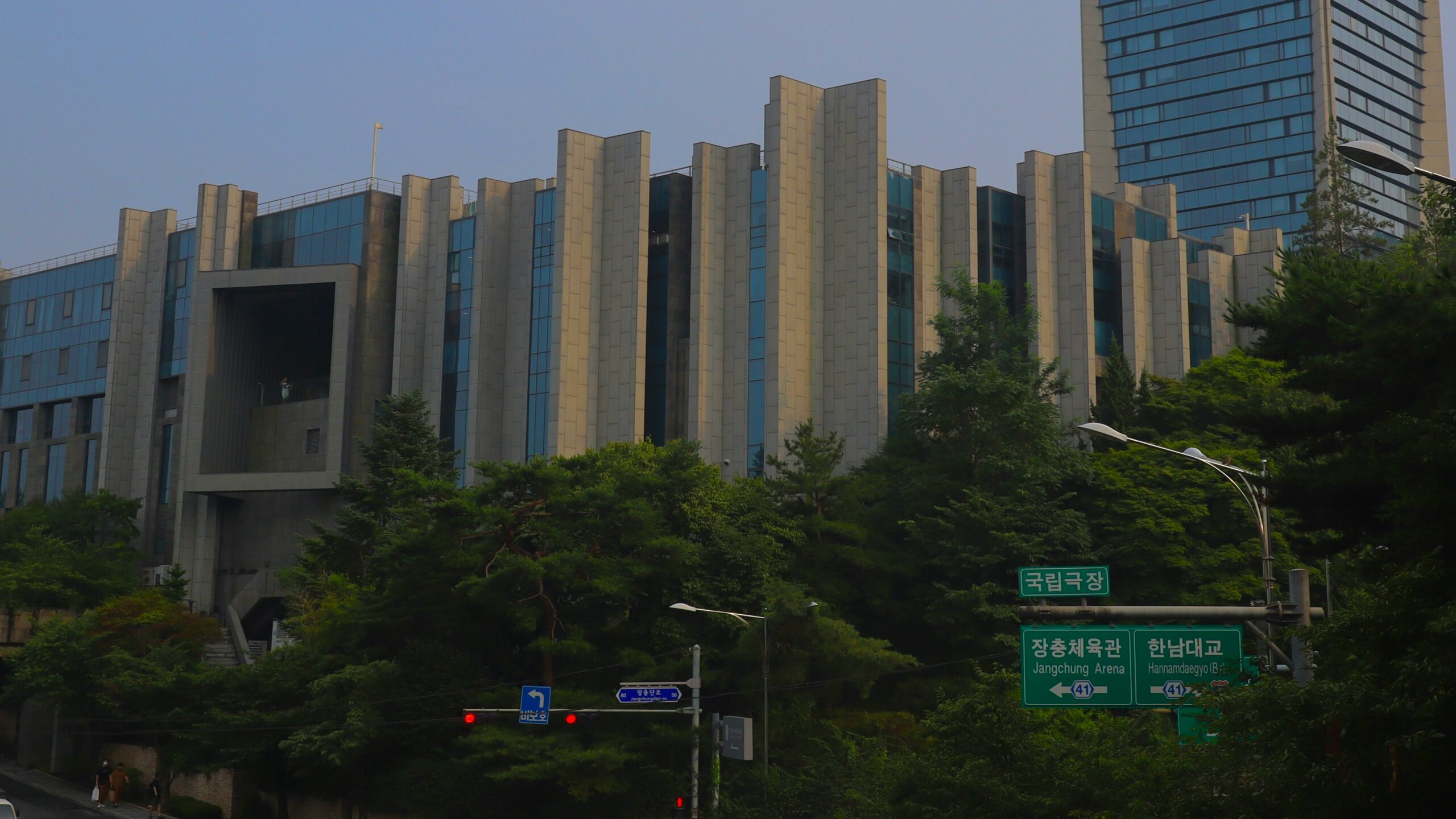South Korea’s national health insurance system is facing a financial crisis, with rising premiums unlikely to ensure long-term fiscal stability, prompting the government to propose abolishing the subsidy sunset system and increasing state funding. However, experts warn that expanding government support without cost controls may lead to higher spending and reduced incentives to manage healthcare expenses sustainably.
A growing sense of alarm surrounds the financial stability of South Korea’s national health insurance system, prompting the government to propose abolishing the subsidy sunset system alongside increasing health insurance premiums. This move comes amid warnings that simply raising premium rates will not fundamentally resolve the underlying fiscal challenges. According to officials and lawmakers, a 2% increase in premium rates would translate to a modest rise in monthly health insurance payments for subscribers, but projections indicate that such incremental hikes would soon breach the legal upper limit for premium rates by 2032. Continuing to raise rates beyond this threshold would require legislative changes, a process fraught with political and social hurdles.
The push to abolish the sunset clause for national health insurance subsidies is not new, having been advocated by the Democratic Party of Korea since the 21st National Assembly. A related bill, proposed by Rep. So Byung-hoon, seeks to amend the National Health Insurance Act to remove sunset regulations and strengthen the state’s financial commitment to the system. The ruling party has also argued for an increase in the government’s share of health insurance funding, noting that current contributions fall short of the legal maximum. This political momentum reflects a consensus that the existing funding structure is inadequate to meet the growing demands on the system.
Experts in health and welfare policy have noted that the government’s plan to abolish the sunset system appears to be a strategy to boost state funding without the need for extensive parliamentary debate. The Ministry of Health and Welfare has expressed concern that the health insurance fund’s current account will record a deficit for the first time this year, signaling a dangerous decline in fiscal soundness. The National Assembly Budget Office has further warned that the cumulative reserves could be depleted by 2028 if additional medical reforms and emergency measures are implemented, advancing the timeline for financial exhaustion by two years.
Recent policy decisions have exacerbated the financial strain on the health insurance system. The Ministry of Health and Welfare has reduced income sources by excluding cars owned by local subscribers from property assessments, while expanding expenditures to cover costs arising from legislative conflicts. Additionally, demographic trends such as a declining birth rate and an aging population are expected to drive up healthcare spending, underscoring the need for increased state support.
However, the proposal to expand government funding for health insurance is not without controversy. Some experts caution that indiscriminate increases in state funding could lead to unintended consequences, such as higher health insurance spending and a decline in service quality. Professor Hong Seok-cheol of Seoul National University warns that injecting more national funds into the system could encourage greater use of medical services, thereby increasing costs and potentially reducing the incentive to control spending. He emphasizes that, as the population ages, it is crucial to ensure the sustainability of the health insurance system, and that expanding state funding without corresponding measures to manage costs may undermine efforts to maintain fiscal discipline.
In summary, South Korea’s national health insurance faces significant financial challenges that cannot be solved by premium increases alone. The government’s push to abolish the subsidy sunset system and expand state funding reflects the urgent need for structural reform, but also raises concerns about long-term fiscal sustainability and the potential for increased spending. Balancing these competing priorities will require careful policy design and broad social consensus.



